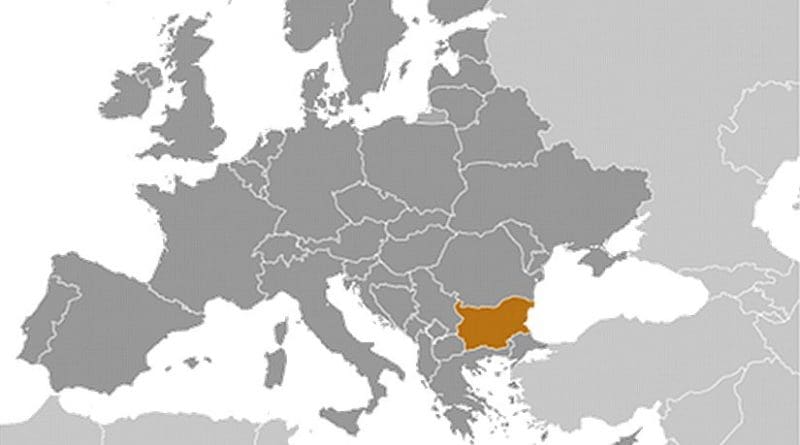Bulgaria Party Fails To Form Coalition, Country Edges Closer To New Elections
By RFE RL
(RFE/RL) — Bulgaria’s centrist Continue the Change party (PP) has announced that it failed to secure the support of a majority in parliament to put forward a new coalition government.
On July 8, Asen Vassilev, who was expected to be nominated to become Bulgaria’s next prime minister, informed President Rumen Radev that the party had failed to get the backing from at least 121 lawmakers in the 240-seat parliament.
“Unfortunately, we failed to gather enough support to implement the politics that our…government would have wanted to push through,” Vassilev said.
“We could not get the support needed to rid Bulgaria of corruption and make the state work for the people, instead of channeling taxpayers’ money into a few select companies that can use it to corrupt the political class,” the prime minister- designate said.
Vassilev, who served as finance minister in the previous pro-Western government, told a news conference that the party had the support of 117 deputies ready to support the party’s program.
“We hope that in the next elections, the additional four deputies will be elected by the people,” he said.
The party received the mandate to form a government a week ago after a coalition government that it led fell in a parliamentary no-confidence vote last month.
In a bid to cling to power, the PP had put forward Vassilev as their prime minister-designate instead of outgoing Prime Minister Kiril Petkov and proposed to form a government for a six-month term to see through judicial reforms and other measures.
Petkov’s coalition began to fray after Russia’s invasion of Ukraine in February. The government, which only took office in December on pledges to tackle high-level corruption, was toppled in the no-confidence vote over disagreements on the economy and whether Sofia should drop opposition to North Macedonia’s European Union accession.
Radev will now hand out two more mandates to form a government. He said the first will go next week to the center-right Citizens for the European Development of Bulgaria (GERB) party of former Prime Minister Boyko Borisov. A third mandate will be handed out if GERB is unsuccessful.
If the two other attempts fail, the president will dissolve parliament and call new elections to be held within two months. It would be Bulgaria’s fourth parliamentary elections since April last year.
Fresh elections could return a similarly fragmented legislature as did the other three general elections last year after frustrations over corruption led to mass protests against Borisov’s rule.
A recent poll by the Alpha Research institute in the country of 6.5 million showed as many as seven parties passing the 4 percent entry threshold. Borisov’s GERB led the poll with 21.5 percent, followed by PP with 20.2 percent.

